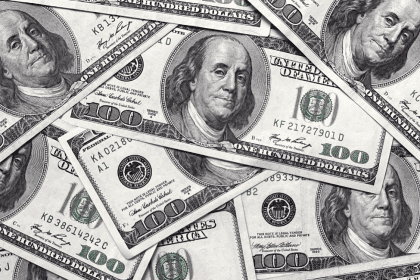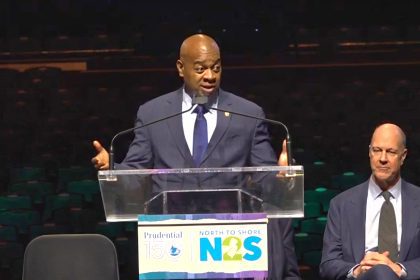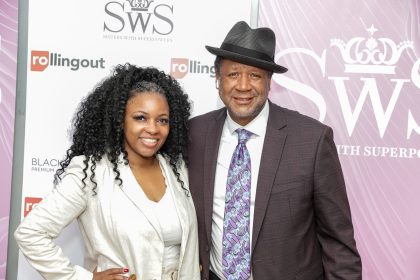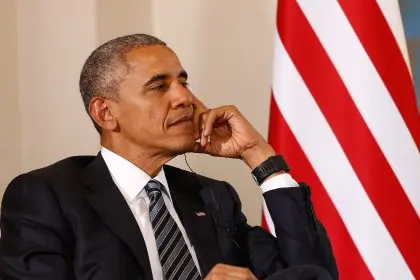
A new Pew Research Center study has found that classism, that is, rich vs. poor, has replaced racism, ageism and immigration as the No. 1 source of tension between Americans.
The Pew Research Center surveyed 2,048 adults and 66 percent found “strong” or “very strong” conflict between the rich and the poor; that’s an increase of almost 20 points since 2009.
The central question of the study: “In America, how much conflict is there between poor people and rich people?” revealed some startling results; mainly, the respondents who recognized serious conflict between the rich and poor were not poor blacks, they were upper middle-class whites, according to the researchers:
“While blacks were still more likely than whites to see serious conflicts between rich and poor, the share of whites who held that view increased by 22 percentage points, more than triple the increase among blacks. The share of blacks and Hispanics who held the view grew by single digits.”
Upper middle-income earners ($40,000-$75,000) were most likely to cite class conflict. In 2009, 49 percent identified classism as a source of conflict, this year that number surged to 75 percent.
On the flipside, the poorest surveyed (those who earned less than $20,000), had very little change in attitudes about rich vs. poor.
This surge in the perception of class wars could be traced back to the 2009 Census Bureau statistic that the top 10 percent of Americans controlled 56 percent of the nation’s wealth; in 2005, the top 10 percent of Americans held 49 percent of the nation’s wealth.
Perhaps the Occupy Wall Street movement (99 percent vs. one percent of the nation’s wealthiest Americans) and the backlash against bankers, amplified the simmering class wars — especially after the so-called one percent fought back.
Jamie Dimon, the highest-paid bank industry CEO (he earned $23 million in 2010) said, “Acting like everyone who’s been successful is bad and because you’re rich you’re bad, I don’t understand it; sometimes there’s a bad apple, yet we denigrate the whole.”
Other reports of “rich bankers” sipping champagne as the protests carried on in the street were also public relations disasters for the one percent of top earners. Still those reports paled in comparison to the outrage Wisconsin Governor Scott Walker caused when he enacted regulations to charge hefty fees for any persons or groups that organized a protest. The governor said the fees would cover the cost of police and post-demonstration clean up.
This year the protester, on the other hand, was heralded as the 2011 Person of the Year by Time magazine, which may also widen the class war.
What do you think? “In America, how much conflict is there between poor people and rich people?”
[polldaddy poll=5837346]












